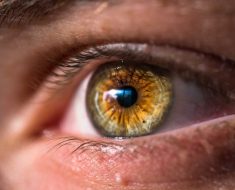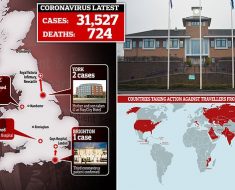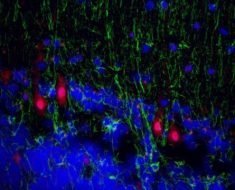Nearly one in five veterans who had combat roles in Iraq and Afghanistan wars have symptoms of post-traumatic stress disorder, findings of a new study conducted by researchers from the King’s College London have revealed.
In the study published in the British Journal of Psychiatry on Monday, Simon Wessely and colleagues found that the rates of PTSD among current and former members of the British military are highest among combatants who recently left the service.
The study, which involved nearly 9,000 of the military personnel, showed that PTSD rose to six percent in 2014-2016 from just four percent in 2004.
Among veterans who had combat roles when they were deployed in Iraq or Afghanistan, 17.1 percent reported to have symptoms that are possibly associated with PTSD.
Those who only had support roles, on the other hand, such as doctors and aircrews, only show six percent rate of PTSD, or more than 11 percent points lower than than the rate among combatants in the same locations.
Of veterans who were not deployed to Iraq or Afghanistan, only five percent showed possible symptoms of PTSD.
Wessely said that the study supports the idea of providing and improving mental health services for serving military personnel and veterans.

“Our results suggest the risk of mental ill-health is carried by those who have left the service, and that part of the legacy of conflicts on mental health has taken time to reveal itself. However, it would be wrong to say there is a ‘bow wave’, tsunami or timebomb of PTSD in the UK military and veteran community,” Wessely told the Guardian.
The rate of PTSD is nonetheless higher among American veterans who were deployed in Iraq. A 2016 study that looked at the mental health toll of the Iraq war on US military veterans found that 24. 7 percent of the army personnel met the case definition of PTSD eight years after their involvement in the war. The research was published in the American Journal of Epidemiology.
PTSD is a psychiatric disorder marked by having intense and disturbing thoughts and feelings linked to a traumatic event.
Combat veterans as well as people who have experienced or witnessed traumatic events such as violent assaults and natural disaster are known to be at risk of the condition. Sufferers may relive the traumatic events through flashbacks or nightmares.
These individuals may have strong negative reactions to seemingly ordinary things such as a loud noise or an accidental touch.
Source: Read Full Article





